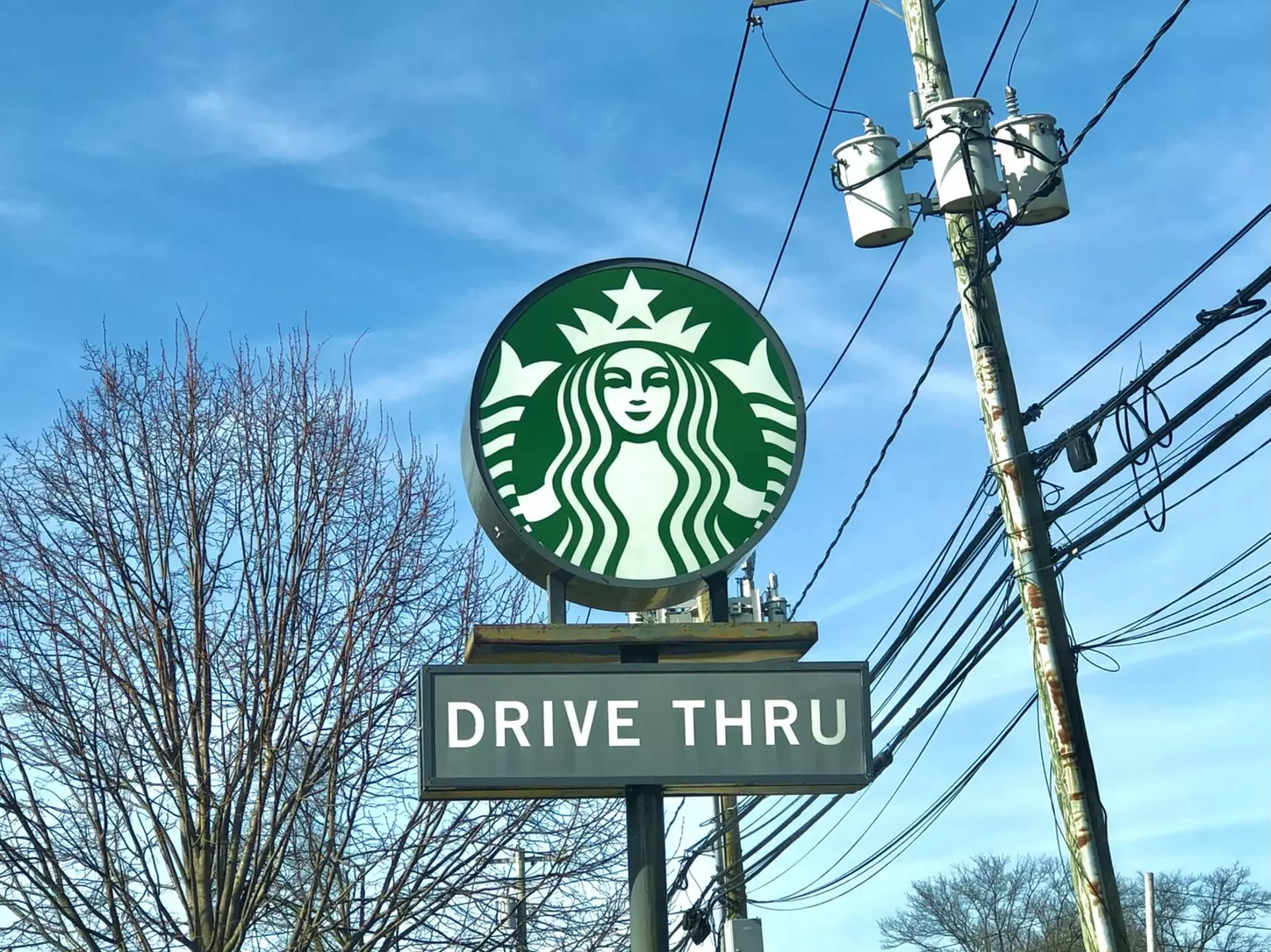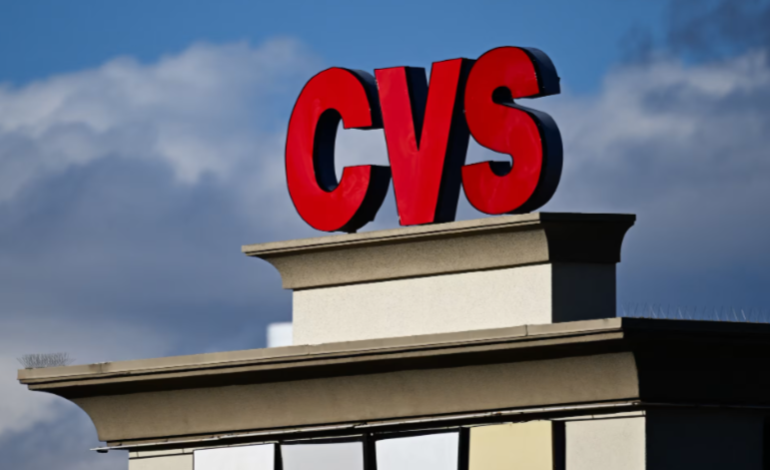CVS Health posted mixed results for the third quarter, with higher medical costs affecting its bottom line.
In his first earnings report as CEO, David Joyner indicated that elevated medical costs will continue to pressure the company’s performance for the remainder of the year, prompting the decision to withhold formal guidance.
“Establishing credibility and earning the trust of our investors is one of my top priorities… To achieve that, any guidance we provide should be achievable, with clear opportunities for outperformance,” Joyner said in a statement.
CVS Health did, however, provide some direction during its earnings call, with a spokesperson stating that the company would offer “directional” commentary on expectations for the coming months. CVS has faced significant challenges this year, including three consecutive quarters of reduced guidance, leading to investor concerns and mounting pressure from activist investors seeking a business turnaround.
Shares of CVS have fallen nearly 27% year-to-date, largely driven by higher medical costs in its health insurance unit, Aetna. These costs have been exacerbated by the return of seniors to hospitals for delayed procedures that were put off during the COVID-19 pandemic.
“While the entire industry has seen elevated utilization coming out of the pandemic, we have been more acutely impacted than others,” Joyner said.
In a bid to address these challenges, CVS appointed Steve Nelson, former CEO of UnitedHealthcare, as president of Aetna, effective immediately. Nelson and Joyner are now tasked with restoring investor confidence and navigating the higher-than-expected costs facing the company. Additionally, longtime CVS executive Prem Shah was given an expanded role overseeing the company’s retail pharmacy, pharmacy benefits, and healthcare delivery businesses.
CVS reported third-quarter revenue of $95.43 billion, surpassing Wall Street’s expectations of $92.75 billion, and marking a 6.3% increase from the same period last year. However, net income dropped significantly to $87 million, or 7 cents per share, compared to $2.27 billion, or $1.75 per share, a year earlier. Excluding certain charges, CVS posted adjusted earnings of $1.09 per share, below the $1.51 analysts had expected.
The company’s health services segment reported a 5.9% decline in revenue to $44.13 billion, mainly due to the loss of a large client. The pharmacy and consumer wellness division, which includes CVS’s retail pharmacies, saw a 12.3% increase in sales to $32.42 billion, driven by higher prescription volumes, vaccinations, and pharmacy drug mix.
Meanwhile, Aetna’s healthcare benefits segment saw a 25.5% rise in revenue, reaching $33 billion, although the division also reported a significant operating loss. The increase in Aetna’s medical benefit ratio to 95.2% from 85.7% last year was a key factor contributing to the pressure on profits. CVS also recorded a $1.1 billion charge related to “premium deficiency reserves” within Aetna, which it expects to release in the fourth quarter.
The company also continues to implement a strategic overhaul, including plans to cut $2 billion in expenses and reduce its workforce by nearly 3,000 jobs. CVS has also announced the closure of 271 additional retail stores. Despite the challenges, CVS is focused on stabilizing its operations, with Joyner emphasizing that the company’s immediate priority is ensuring business stability.
CVS shares saw a 6.8% jump in premarket trading following the release of its earnings report, although the stock has dropped nearly 30% this year amid growing concerns over its long-term performance.
Market Watch, the Washington Post, and CNBC contributed to this report.









